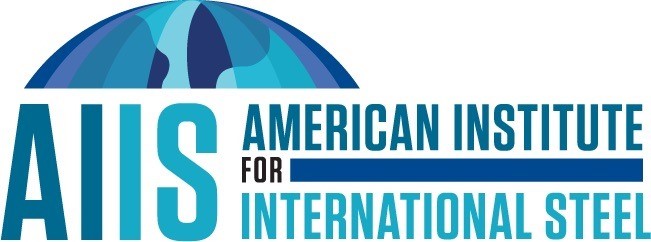
SEATTLE (Scrap Monster):
New Commissioner
Kevin McAleenan was confirmed by the Senate as Commissioner of U. S. Customs and Border Protection. This is the first appointment of a career Customs official to the position for at least several decades.
New Drawback Rules
CBP, in compliance with a court mandate, issued a set of new drawback regulations implementing portions of the TFTEA requirements. The new regulations liberalize the merchandise substitution standard, simplify recordkeeping requirements, extend and standardize timelines for filing drawback claims, and require the electronic filing of drawback claims. The new rules now also provide for the accelerated payment of drawback claims made under the TFTEA liberalizations.
Vietnam Certification
The circumvention investigations of Vietnamese cold rolled sheet (CRS) and corrosion resistant (CORE) steel produced with Chinese substrate (both hot rolled and cold rolled) resulted in determinations that these products were not substantially transformed for AD and CVD purposes, and are subject to the AD and CVD Orders on the Chinese substrates. The determinations established procedures, and both Exporter and Importer Certificates, for exclusion of Vietnamese products made from substrates from other sources. There have been CBP concerns regarding the verification of some of these Certificates, with requests for supporting data not always easily available to the importer. Direct submission by the exporter to CBP is permissible, but not always easy to arrange.
Customs Trolls and the Victaulic case
The False Claims Act, allowing private parties as well as the government to bring actions to impose liability on persons and companies who defraud governmental programs, has allowed so-called “Customs trolls” to seek enforcement of various Customs provisions, including antidumping and countervailing duty collection. An innovative claim was made in the Victaulic case concerning marking duties for goods not properly marked with the country of origin. This case has been back and forth between the trial court and the appeals court, and attracted a great deal of attention both due to the nature of the marking duty law and the methodology used by the plaintiffs to show failure to mark. A settlement hearing in the latest round at the trial court is scheduled for January 2019.
AIIS Court Challenge to Section 232
AIIS in concert with two importers has filed suit in the United States Court of International Trade challenging the constitutionality of the Section 232 statute. The lawsuit claims that the provision “violates the constitutional prohibition against Congress delegating its legislative powers to the President because it lacks any “intelligible principle” to limit the discretion of the President.” If successful the action would prevent further enforcement of the 25% tariff increase, and could lead to refunds of amounts already paid.
The Court took the unusual step of assigning the case to a three judge panel. This procedure could allow for a direct appeal of any decision (expected regardless of which party prevails) to the Supreme Court. Oral argument on the matter was held at the Court on December 19, 2018. A decision is pending.
Courtesy: AIIS
| Copper Scrap View All | |
| Alternator | 0.31 (0) |
| #1 Copper Bare Bright | 3.65 (-0.04) |
| Aluminum Scrap View All | |
| 356 Aluminum Wheels (Clean) | 0.71 (0) |
| 6061 Extrusions | 0.62 (0) |
| Steel Scrap View All | |
| #1 Bundle | 475.00 (0) |
| #1 Busheling | 495.00 (0) |
| Electronics Scrap View All | |